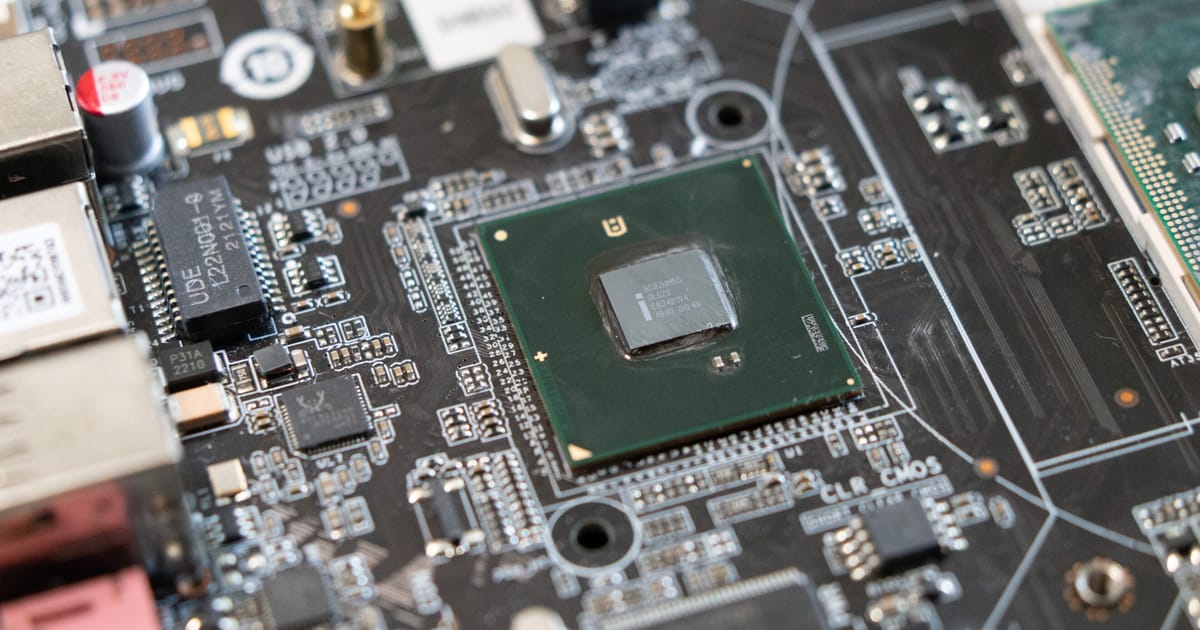Experts argue Brussels needs to examine the entire chip industry, rather than focusing on providing billions of subsidies for factories that produce advanced AI chips.
“Up until a few weeks ago, the conversation on chips was really driven by advanced chips, AI chips,” said Chiara Malaponti, the geoeconomics program coordinator at the European Council on Foreign Relations.
“But then you also have the case of Nexperia, which isn’t really about that, but about mature semiconductors,” she argued. “You saw the consequences of the events of past weeks, and how they had a huge impact on our industry.”
Malaponti advocated for a comprehensive mapping exercise as part of Brussels’ second effort.
“[The first chips act] put an emphasis on manufacturing, which is cool, of course, but there are also other parts of the supply chain,” she said, adding that it will be important to understand Europe’s strengths.
“How we can cultivate those niches and how we leverage them is something that needs to be discussed as well,” said Malaponti.
The industry is also a proponent of examining the full chain of production from beginning to end, rather than just focusing on the front-end manufacturing.
“The chain is only as strong as the weakest link,” said James. “You’ve seen the chokepoints. There are many other chokepoints in the back-end of the electronics supply chain.”
